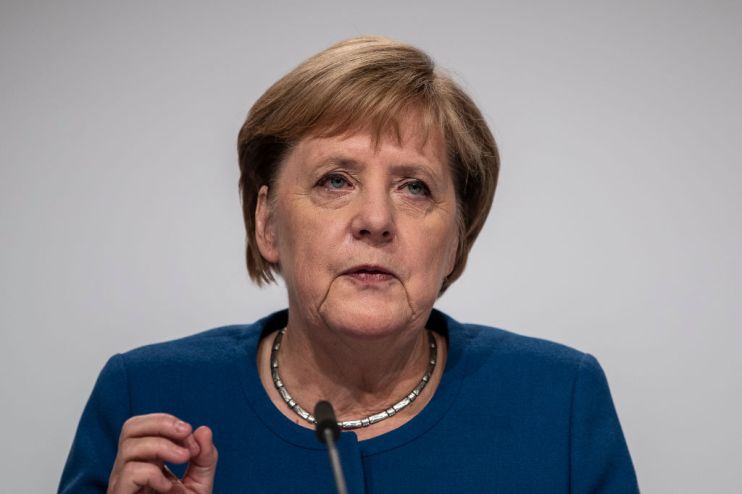Germany unveils new measures to tackle climate change

Germany has unveiled a number of new measures to fight climate change following a 15-hour negotiation on Friday.
It comes ahead of the UN’s climate summit in New York next week and was completed while thousands of people took to the streets around the globe to protest climate change.
Among the new measures is an introduction of a carbon price for key sectors such as tansport and a €54bn spending package to encourage companies and households to reduce their carbon emissions.
Read more: London climate strikes: Thousands protest by capital’s landmarks
Chancellor Angela Merkel and other senior figures in Berlin are looking to restore some of the country’s crediectionals as a leader in fighting climate change ahead of next week’s summit and toward the end of Merkel’s tenure.
Germany’s environment minister Svenja Schulze hailed it as a “new beginning for Germany’s climate policy”.
Some of the measures have already been criticised for not going far enough however, with the carbon price set by government lower than the already exisitng European level set by the EU.
It requires companies that produce and sell petrol, coal, heating oil and similar fuels to buy certificates to offset the carbon dioxide emissions from their products. But prices will start at €10 per tonne in 2021, rising to €35 by 2025.
Martin Kaiser, the director of Greenpeace Germany, said the price was “ridiculously low”.
“If you rely on such measures you might as well jump from an aeroplane with a plastic bag as a parachute,” he said.
Merkel defended the price by highlighting otehr measures introduced and warning that that it had to be a gradual process “to bring the people along with us”.
Merkel’s environmentally credentials have taken a hit in recent years with Germany barely cutting its carbon emissions in the past decade and forced to revise its climate targets for 2020.
Read more: There is a disconnect between government rhetoric and reality on climate change
The country is phasing out nuclear and coal power in favour of renewable energy, however, and this latest agreement is hoped to get Germany back on track to meet its 2030 target to reduce emissions by 55 per cent compared with 1990.
Berlin has also formally committed to make itself carbon-neutral by 2050.
Other measures introduced include a cut in VAT for rail travel while plane travel will be taxed more heavily, oil-based heating systems will be banned from new builds from 2026, increased vehicle tax for heavy polluting cars and a plan to install more than 1m charging points for electric vehicles across Germany by 2030.